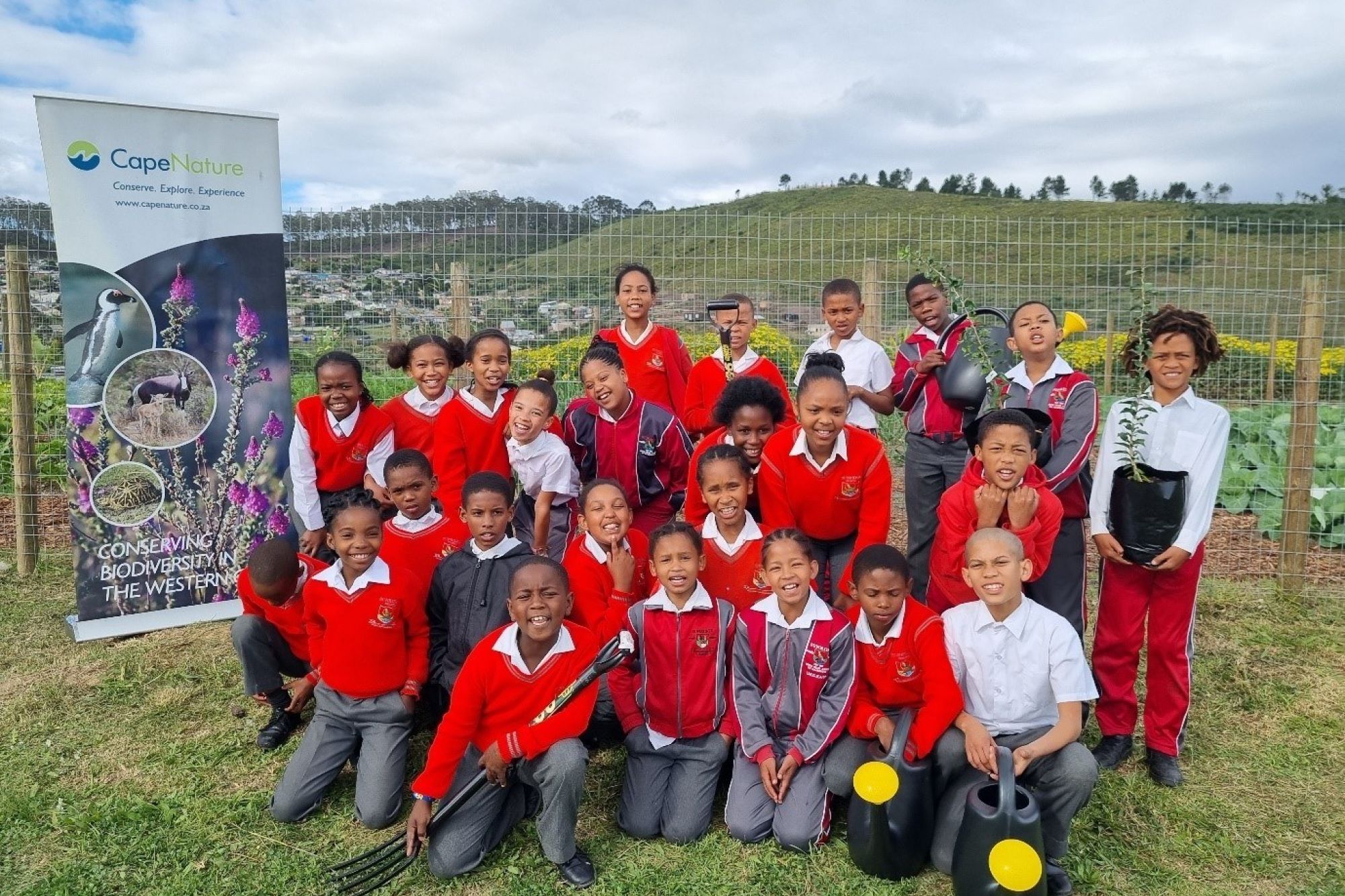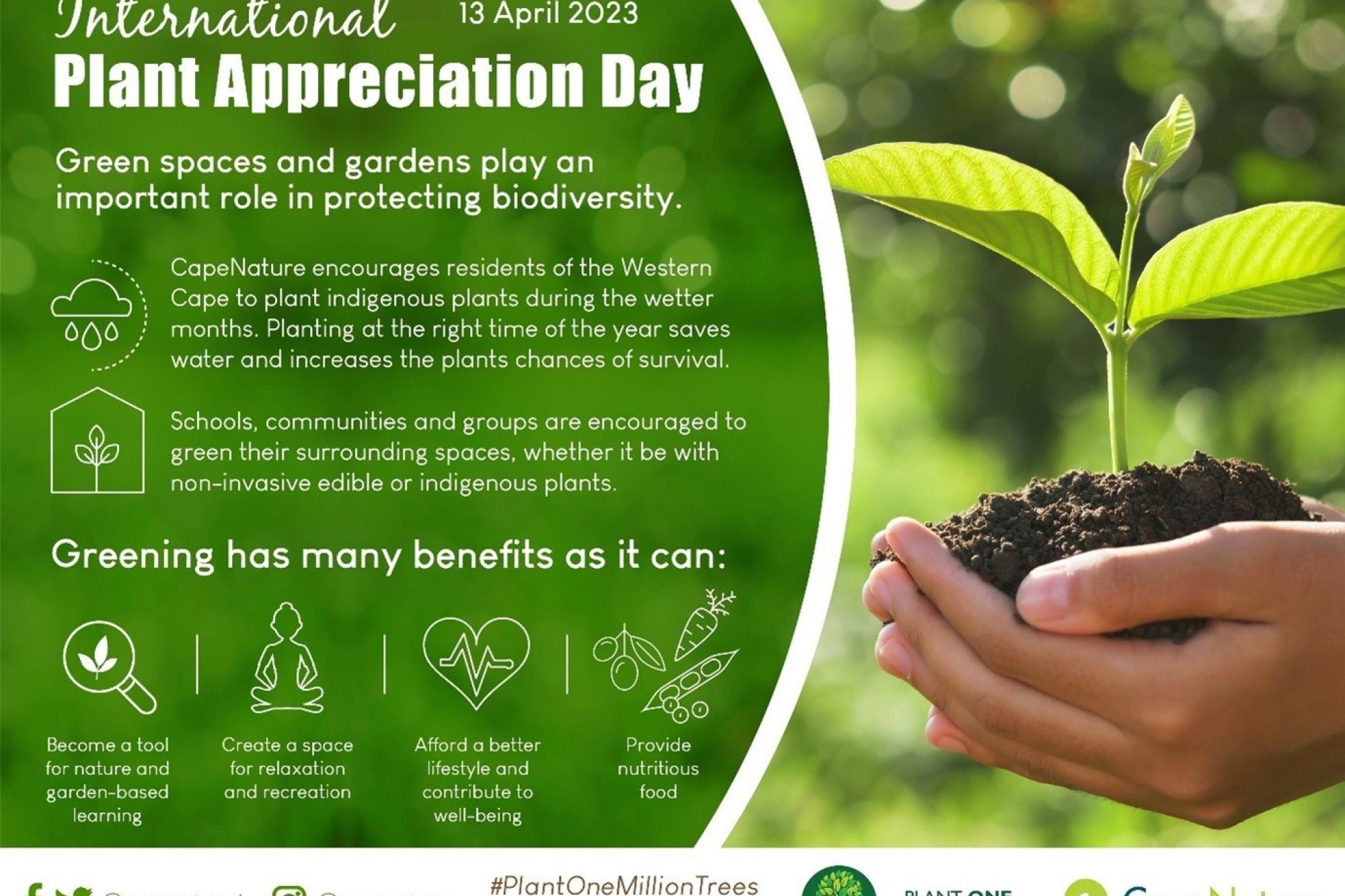
Going Green: Establishing Sustainable School and Community Gardens
CapeNature, has recently launched a new project under its Plant One Million Tree Campaign. The Greening Initiatives project aims to help schools and communities become more environmentally friendly by providing assistance in planning, creating, and maintaining indigenous gardens and garden areas.
The initiative is a long-term project that encourages schools to create food gardens using sustainable practices and to green their surrounding spaces with non-invasive edible or indigenous plants. By doing so, schools can provide hands-on learning opportunities for learners about nutrition, life skills, and biodiversity. Additionally, these gardens can offer habitat for wildlife, attracting more birds and other biodiversity.
Community gardens are also a great way to improve food security, encourage economic empowerment, protect the environment, improve health and well-being, promote education and skill development, foster social cohesion, and aid in the fight against climate change. These gardens can be effective instruments for tackling the social, economic, environmental, and health issues that South African communities face, as well as for fostering resilience and sustainable development.
The Western Cape has incredibly unique flora and experiences a different wet season compared to the rest of South Africa. CapeNature urges residents of the Western Cape to grow indigenous plants or non-invasive fruit tree species during the winter's wetter months, rather than during the summer. Water is normally in plentiful supply during the rainy season, which is crucial for plant growth. Because they have a reliable source of water, newly planted seeds and seedlings have a higher chance of germination and establishment.
By promoting sustainable practices through the Greening Initiatives project, CapeNature hopes to cultivate environmental concern and support overall growth in South African communities. Creating usable green spaces over a few years or as needed can provide an exceptional and beneficial educational experience for students while fostering sustainability and environmental awareness.
In conclusion, the Greening Initiatives project is an excellent opportunity for schools and communities to contribute to a more sustainable future by promoting environmentally friendly practices. By working together, we can create a greener and healthier world for generations to come.

Picture above: Sunridge Primary School receiving garden tools and trees from CapeNature





